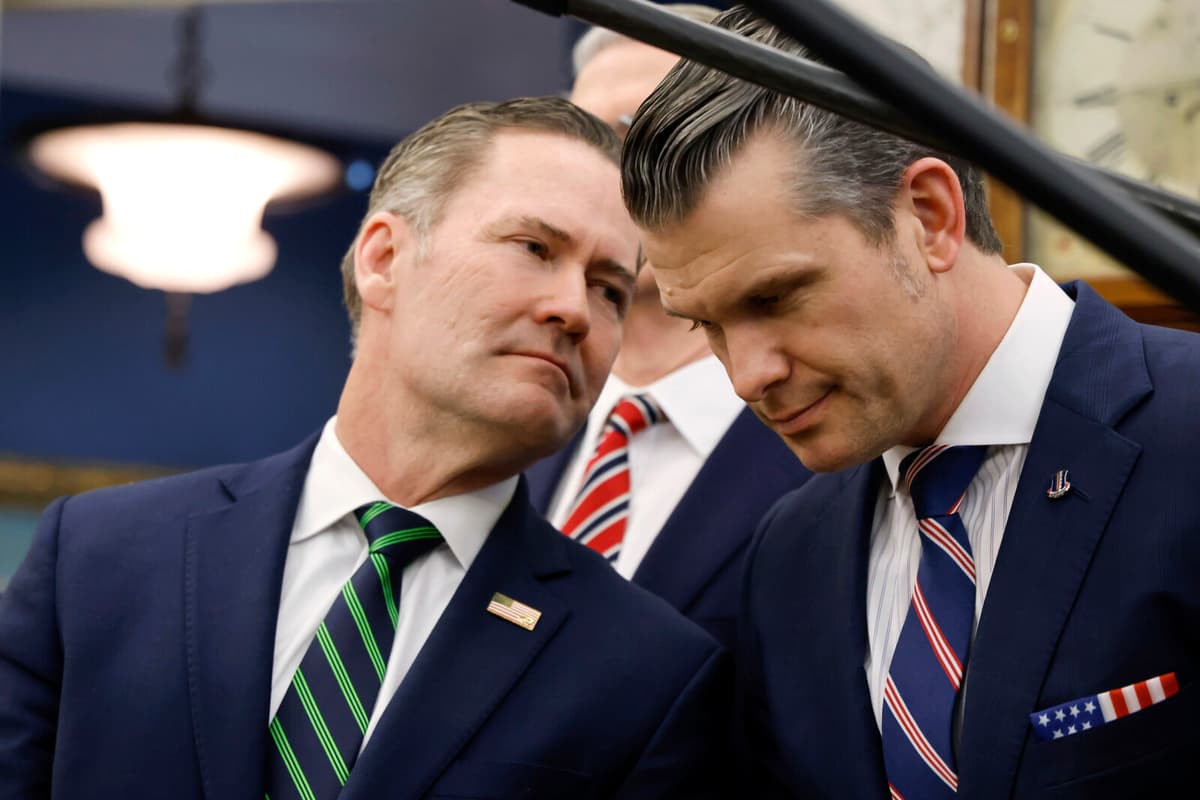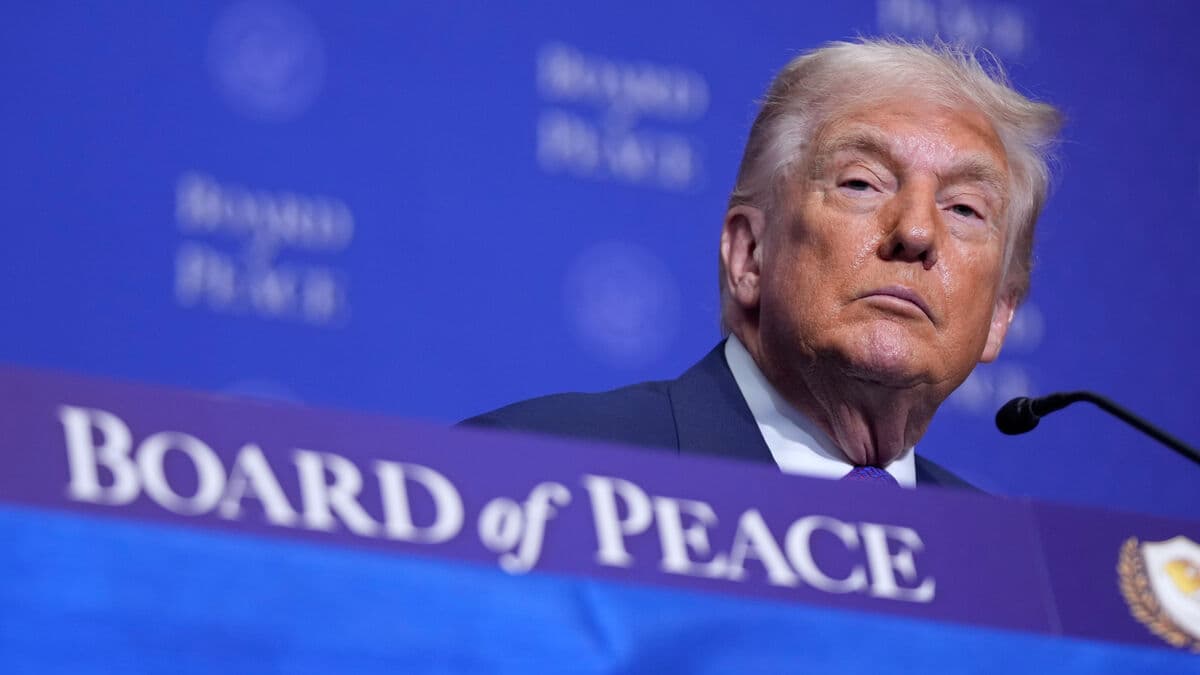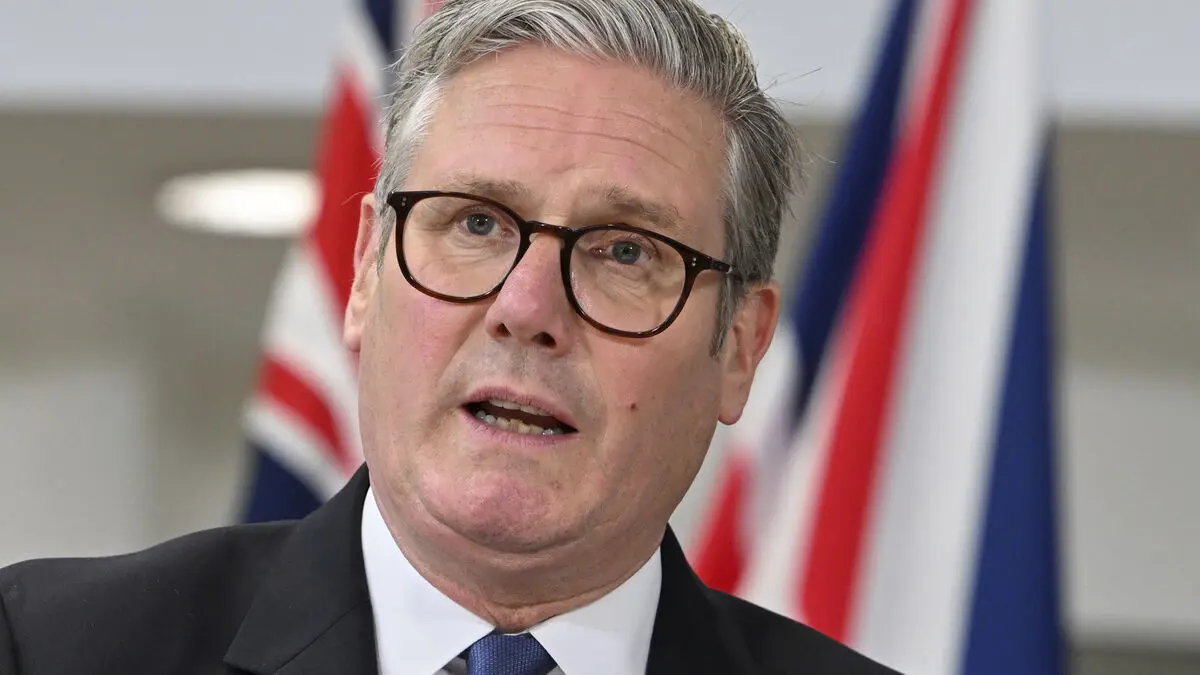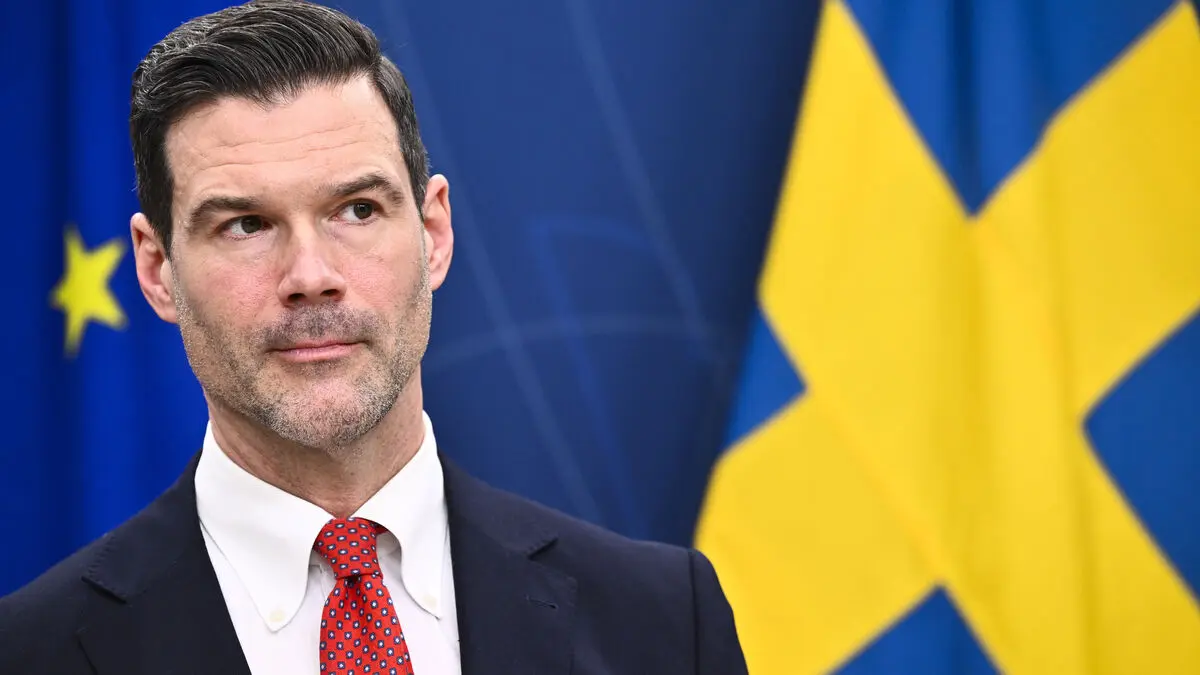President Donald Trump has described it as a single mistake of minor significance. The White House has insisted that it did not involve any classified information. The Atlantic's credibility has been attacked and its initial publication has been questioned.
Therefore, the magazine has reconsidered a previous decision not to report on the sensitive conversation in detail.
"There is a clear public interest in disclosing what kind of information Trump's advisors included in insecure communication channels, especially since high-ranking government officials are trying to downplay the significance of the messages that were sent," it says in a follow-up article.
Half an hour before departure
The extracts in the new article show more clearly how much information the ministers, top advisors, and Vice President JD Vance received before the US attack on Yemen on March 15.
In contrast to the previous publication, The Atlantic's new article contains detailed extracts stating the times when American fighter jets would take off and open fire and where the intended targets were expected to be located.
It appears that Defense Minister Pete Hegseth sent messages to the group – where journalist Jeffrey Goldberg was then a member – 31 minutes before the first military planes took off. Two hours and one minute later, it was intended that the primary target – a high-ranking person within the Yemeni Houthi movement – would be killed.
"If the message had been received by someone hostile to American interests, or someone with access to social media, who simply had been careless, the Houthi movement would have had time to prepare for what was intended as a surprise attack on their strongholds. The consequences for American pilots could have been catastrophic," the newspaper continues.
Hinted at foul play
A couple of hours later, National Security Adviser Mike Waltz wrote in the chat that the Houthi target had been seen "going into his girlfriend's house" and that the house had collapsed after the attack. He congratulates all involved.
In a congressional hearing on Tuesday, CIA Director John Ratcliffe, who was part of the group chat, said he had not received any classified information.
Mike Waltz, whose account accidentally invited journalist Goldberg, has said it was embarrassing and has gone on the attack against The Atlantic with hints of foul play behind it all.
That government representatives are accusing the magazine of lying makes its management feel that "people should see the posts for themselves to draw their own conclusions".






